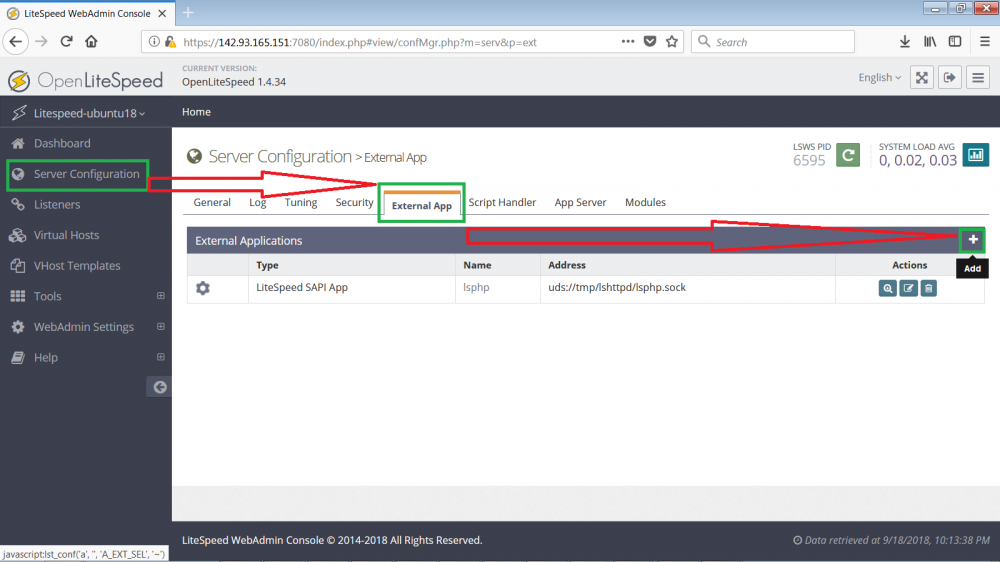Month: November 2018

Introduction OpenLiteSpeed is an open source web server characterized by high-performance, light-weight event-driven architecture, and Apache compatible rewrite rules. After installation on a VPS or Dedicated Server, it requires further... Read more
There are several commands and programs provided by Linux for viewing the contents of file. Working with files is one of the daunting task, most of the computer users be... Read more
As promised in our earlier post, in this post we are going to review boot process in Linux Operating System. How Operating system passes through different stage of booting states.... Read more
Linux Operating System comes with Kill command to terminate a process. The command makes it possible to continue running the server without the need of reboot after a major change/update.... Read more
How can I send a messages to logged on users in a Linux server? If you are asking this question, then this guide will help you learn how to do... Read more
In this tutorial, we will be discussing how to restrict SFTP users to their home directories or specific directories. It means the user can only access his/her respective home directory,... Read more
The Linux “tar” stands for tape archive, which is used by large number of Linux/Unix system administrators to deal with tape drives backup. The tar command used to rip a... Read more
The Linux Find Command is one of the most important and much used command in Linux sytems. Find command used to search and locate list of files and directories based... Read more
Wildcards (also referred to as meta characters) are symbols or special characters that represent other characters. You can use them with any command such as ls command or rm command... Read more
In Unix/Linux distributions, the command ‘usermod‘ is used to modify or change any attributes of a already created user account via command line. The command ‘usermod‘ is similar to that... Read more
